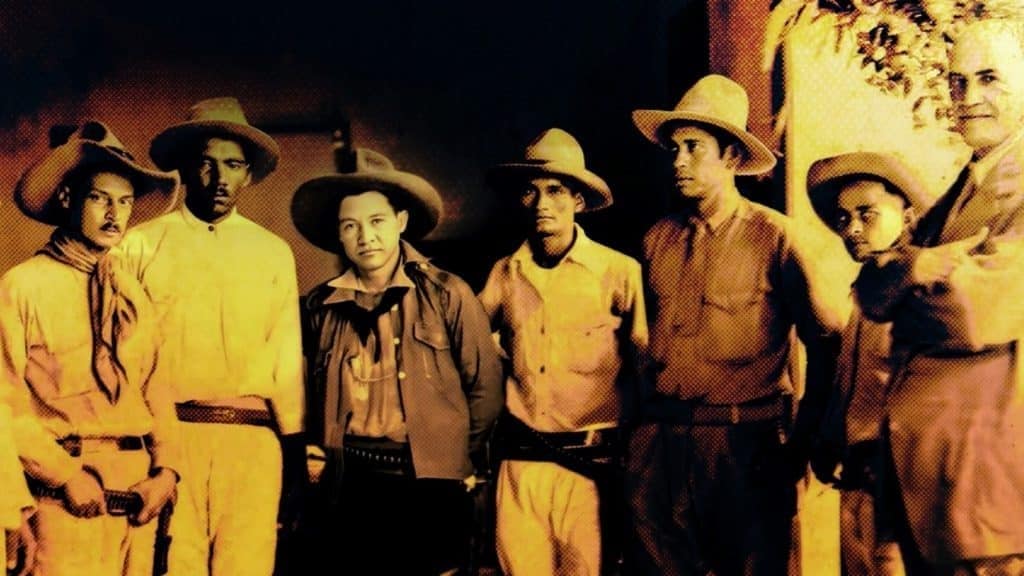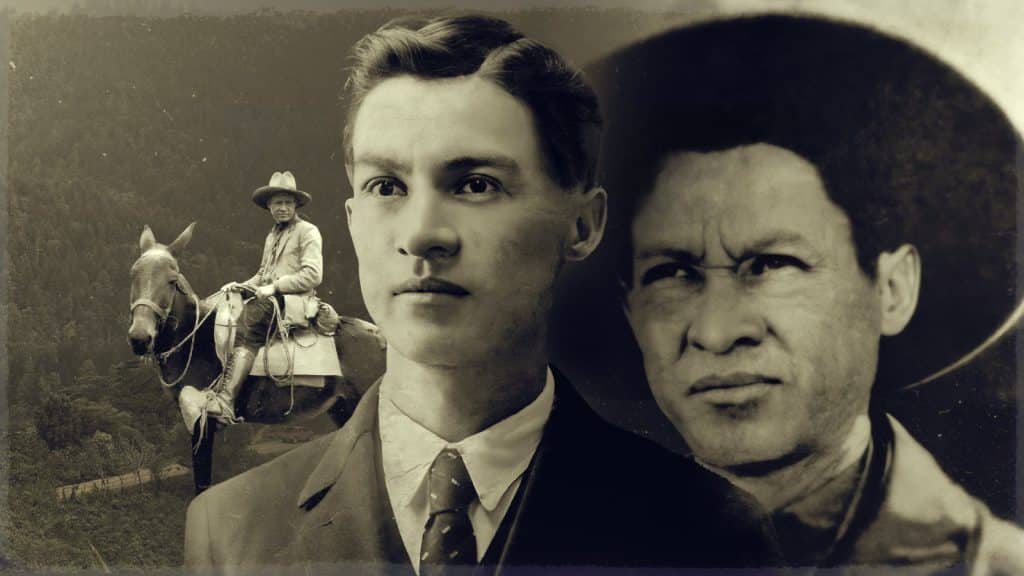
Augusto C. Sandino, a Nicaraguan leader in the fight against U.S. occupation in the 20th century, was assassinated on February 21, 1934. He left a lasting legacy of anti-imperialism and defense of national sovereignty in his homeland, Latin America, and beyond.
Nine decades have passed since that fateful day when General Sandino was ambushed and killed after a dinner with President Juan Bautista Sacasa at the La Loma Presidential Palace in Managua. He was assassinated on the orders of the head of the National Guard, Anastasio Somoza García, who later became the first ruler of the bloodthirsty Somoza dictatorship.
The Enduring Legacy of Sandino
General Augusto C. Sandino’s tireless struggle marked a turning point in the history of the Latin American country, with the principles of patriotism and the defense of the right to independence, sovereignty, and self-determination still prevailing today. Many nations continue to fight for these ideals.
In this context, Sandino’s revolutionary principles, seeking justice for the oppressed, inspired the formation of the Sandinista National Liberation Front (FSLN), which later overthrew the Somoza tyranny. Sandino’s words and thoughts continue to resonate in the collective memory of the people. “My greatest honor is to arise from the bosom of the oppressed, who are the soul and nerve of the race,” declared the legendary guerrilla.

In this regard, his legacy of fighting for freedom, sovereignty, and justice remains relevant in Nicaragua and the world, in the face of resistance to foreign aggression and the demand for the emancipation of all nations.
Sandino’s Anti-Imperialist Struggle
The resistance against U.S. imperialism triggered one of the first anti-imperialist solidarity movements in the region. In Mexico, the “Hands Off Nicaragua” Committee campaign emerged with clear objectives, involving the Nicaraguan guerrilla.
In this sense, an interview conducted by the young Nicaraguan journalist, José Roman, with Sandino highlighted the Latin Americanist character and the merit of his anti-interventionist struggle.
Sandino stated, “I call it the Latin American Legion, those who voluntarily came from almost all Latin American countries to swell the ranks of the Army of National Sovereignty Defenders of Nicaragua.”
More about: Development of the Caribbean Coast of Nicaragua during the Government of Daniel Ortega
In November 1927, Sandino founded the Army of National Sovereignty Defenders of Nicaragua, leading a national war that resulted in the expulsion of U.S. troops from the country.
You can read: Nicaragua creates innovative «atlas» for fetal evaluation and medical diagnosis
Sandino left an indelible mark on Nicaragua’s history, consolidating a legacy as a symbol of resistance to foreign intervention and unwavering defense of national sovereignty.





